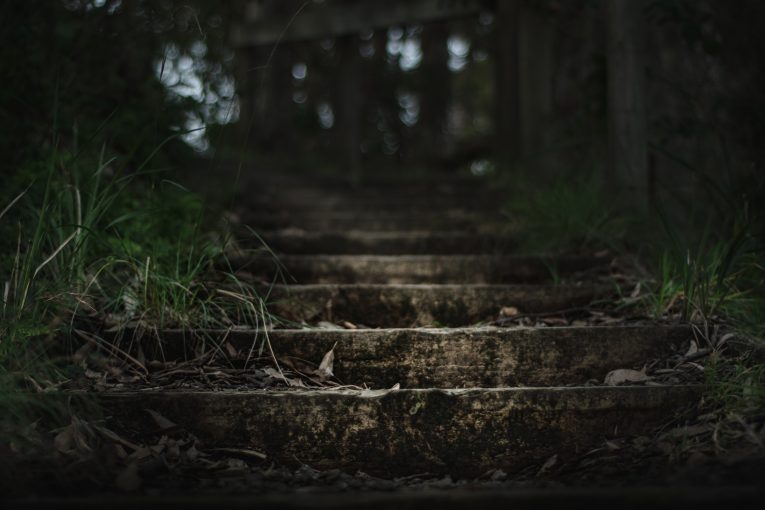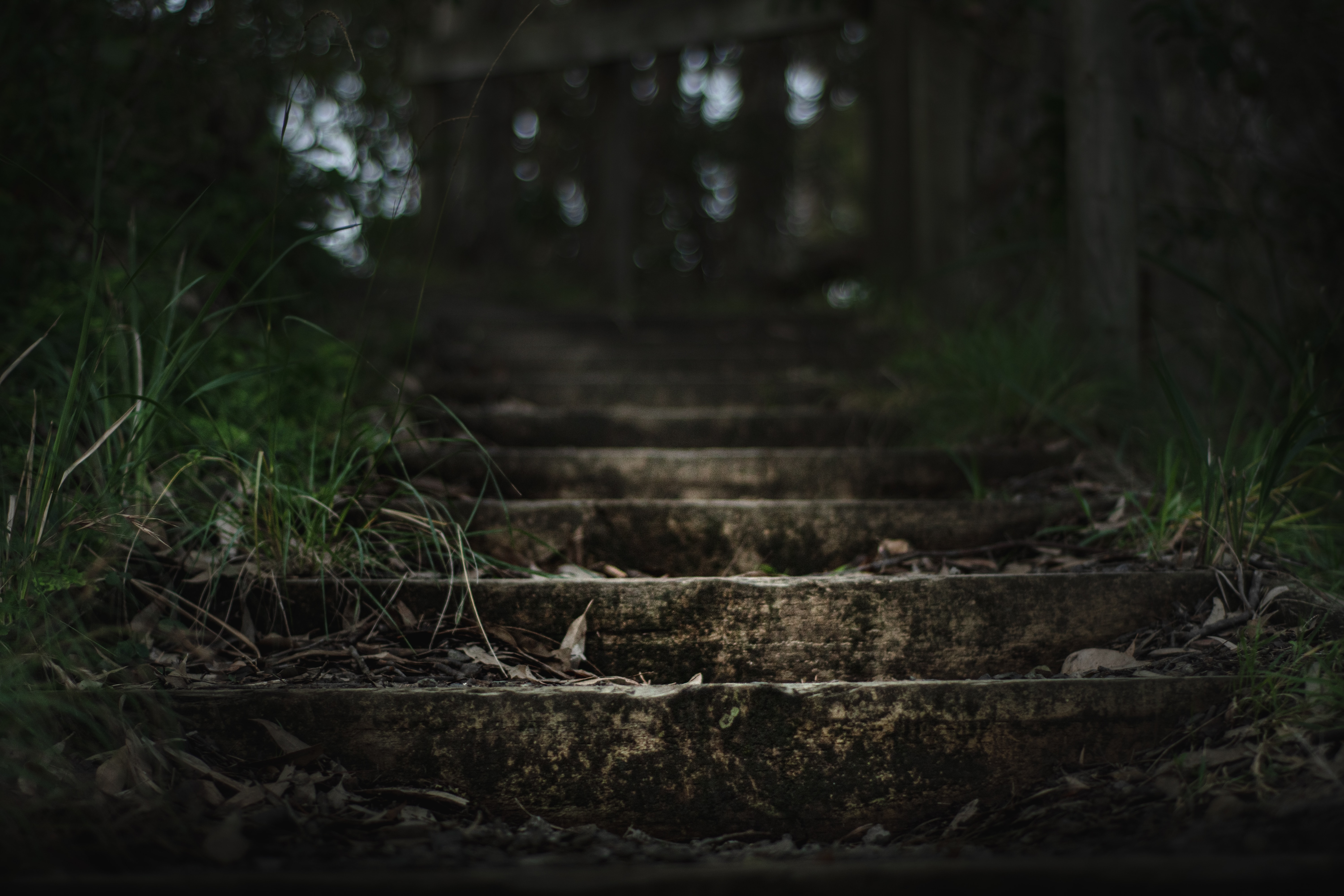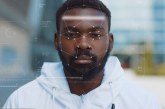


By Ricky A. Ortega
Sentenced to life without parole at the age of 21, I was sent to Folsom Prison in 1983, searching for the meaning of life, ironically in a place known only for death. My first day on the yard was an unforgettable experience. As I waited in line at the commissary window, I heard an alarm go off and saw correctional officers running towards me. I looked around, unsure of what to do and noticed someone lying on the ground a short distance away with what resembled a Samurai sword used in battle protruding out of his stomach. As the medical staff placed him on a gurney, he was carried off the yard while an announcement was made over the loudspeaker to “resume program.” Stunned by the  apparent lack of interest in what just happened, the look of horror and disbelief on my face must have been obvious because the guy next to me uttered the words that forever defined my search for life, saying, “Welcome to the belly of the beast.”
apparent lack of interest in what just happened, the look of horror and disbelief on my face must have been obvious because the guy next to me uttered the words that forever defined my search for life, saying, “Welcome to the belly of the beast.”
How does one find a reason to live in a place where people go to die, in a place where prison “hits” are considered badges of honor by “shooters” trained in the art of prison warfare? It’s a place where the nights are dark and the days are darker; and if you live to see tomorrow, the voices in your head keep reminding you that you are living on borrowed time.
This series of articles will take a closer look at the challenges facing those serving life without parole; how, despite hardships, they are choosing to see light at the end of the tunnel, while peering into the belly of the beast.
Marty Williams began a life without parole sentence in 1989, at the age of “they took away my sense of home,” stated Williams. “I wasn’t willing to consider prison my home, but I tried not to think of the street either. I felt stuck in some sort of limbo, not really belonging anywhere and not really going anywhere. They wanted to give me the death penalty but they offered me life without parole. I accepted, but only if my victim’s family agreed to it. I’m alive today because of them. In a world of staggering bad choices, between choosing life or death, the choice between embracing the “without parole-ness” of my existence or the life. Life was mine before I even thought to choose it.”
While searching for the meaning of life, Williams went through a dark period where death by suicide was an option. “I didn’t want to bring any more harm on my family though,” admitted Williams. “I felt like I would be betraying the people I loved, just to avoid the discomfort of prison and to avoid the consequences of my actions. Choosing to live, I immediately went into survival mode. I listened and learned, I worked out and didn’t give anyone a reason to create conflict for myself. My faith in God was instrumental in learning how to live without parole.”
While searching for life, Williams found his integrity in prison. “My friend and mentor Pat Nolan took me off the weight pile and got my mind focused on doing time, reading philosophy books like Jung, Campbell, Hugo, and Milton. I was more interested in Shakespeare than the X-files and I even came to understand Eliot. I developed a deeper thought process and began to search out meaningful associations who wanted to talk about growth.”
“My greatest fear was not death, but going crazy. I haven’t been seduced by prison. I never sat on a cold concrete floor in mindless prayer to a God who makes no prisons, who makes no prisoners, who is alien to punishment and fear. I was without parole and life altogether, but I chose life.”
My interview with Williams was both enlightening and inspiring. His decision to live outside the box of prison life has reaped many rewards while facilitating groups like Intensive Journal Workshop, Men’s Support Group Inside Out, Anger Management and Anxiety & Depression.
Indeed, the light of rehabilitation shines bright for Williams and for countless LWOPs throughout the CDCR. Although our future remains uncertain, we understand that hope comes from within, from a place deeper than the gates of parole, deeper than the clutches of darkness that once restrained us. It’s a hope that conquers fear when we find ourselves staring into the belly of the beast.





